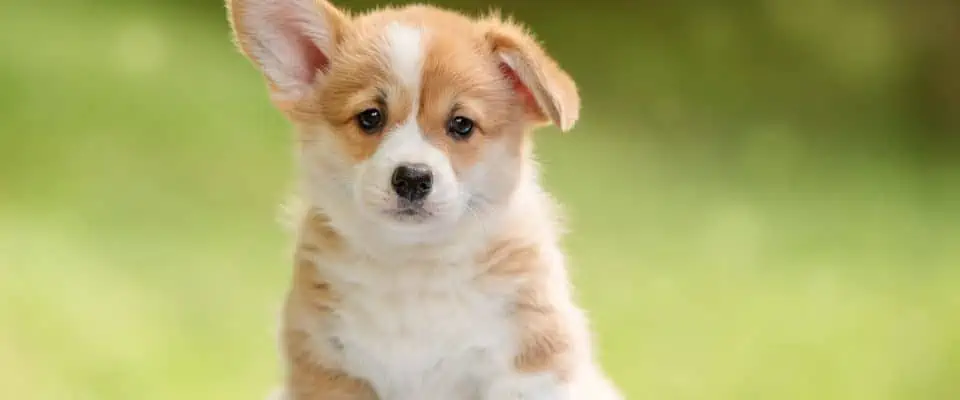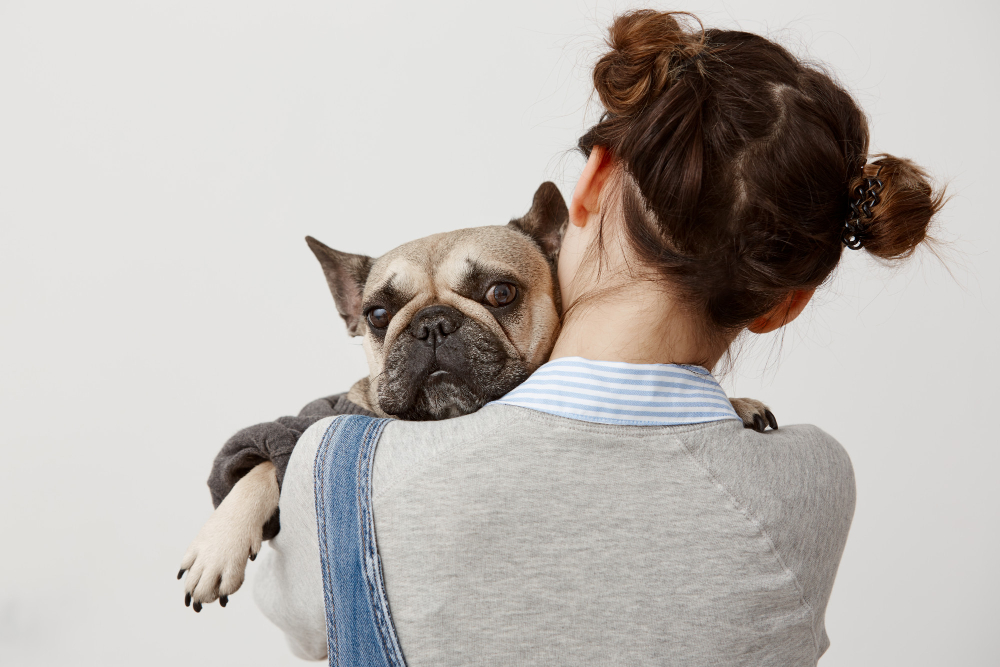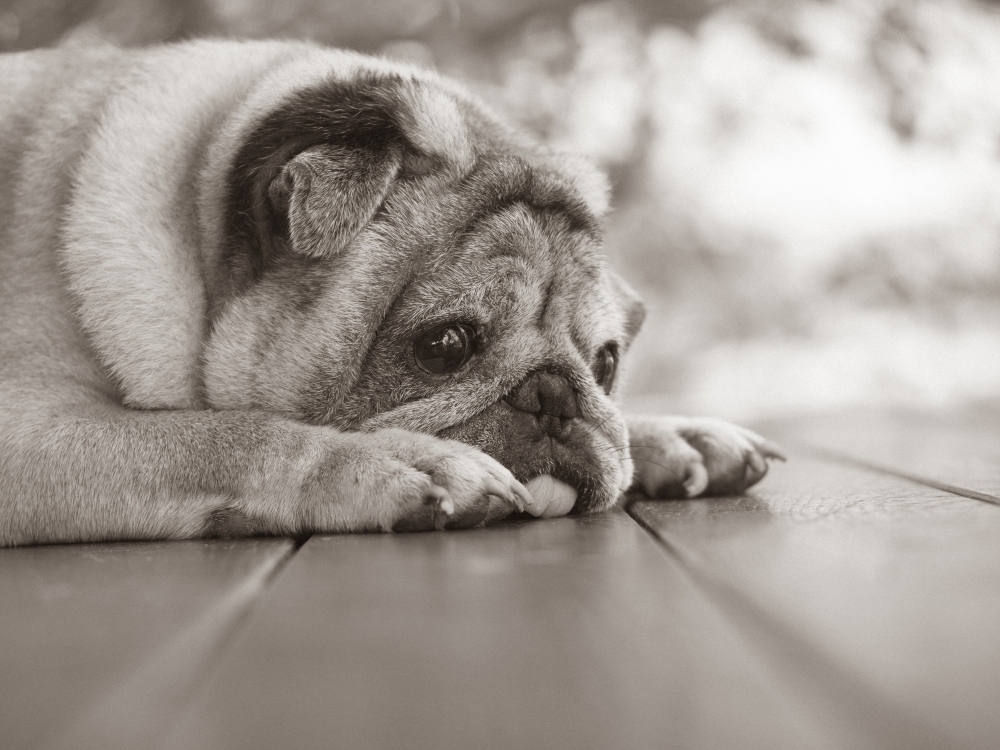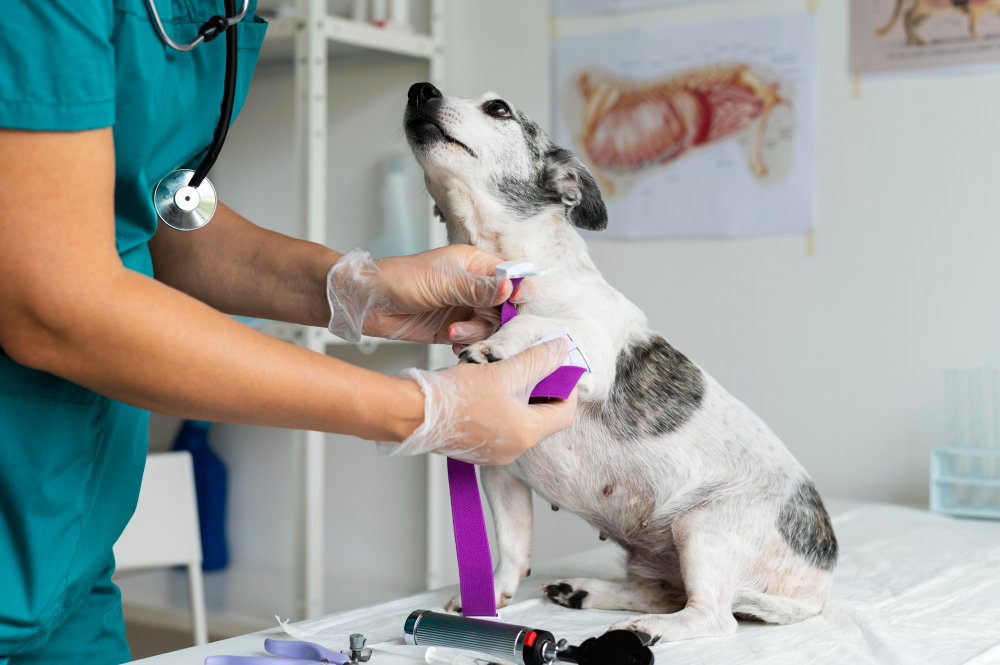Introduction
Hiccups are a common occurrence in both humans and our furry companions. While they’re often harmless and temporary, seeing your dog experience hiccups can be a cause for concern. In this article, we’ll explore the reasons behind hiccups in dogs, their potential triggers, and effective strategies to help alleviate them when they occur.
Understanding Canine Hiccups
Hiccups in dogs, much like in humans, are involuntary contractions of the diaphragm, the muscle responsible for breathing. These contractions are often followed by a sudden closure of the vocal cords, producing the characteristic “hic” sound. While hiccups are typically benign and self-resolving, they can be a bit unsettling to witness in your four-legged friend.
Common Causes of Hiccups in Dogs
- Excitement or Anxiety: Just like humans, dogs can experience hiccups due to heightened emotions such as excitement or anxiety. Playing vigorously, meeting new people or animals, or even anticipation of a meal can trigger hiccups.
- Eating and Drinking Habits: Rapid consumption of food or water, especially in puppies, can lead to hiccups. Swallowing air during quick eating can cause the diaphragm to contract involuntarily.
- Cold Temperatures: Exposure to cold environments or consuming cold water too quickly might lead to hiccups.
- Gastrointestinal Distress: Stomach discomfort or irritation, such as from overeating or eating something unusual, can cause spasms in the diaphragm.
Solving Hiccups in Dogs
- Stay Calm: Just like with humans, hiccups in dogs usually resolve on their own. Remain calm and reassure your pet if they appear unsettled.
- Offer Water: Sometimes sipping water can help alleviate hiccups by relaxing the diaphragm. However, avoid offering water too quickly, as it might exacerbate the issue.
- Distraction and Play: Engaging your dog in gentle play or a short walk might help shift their focus and interrupt the hiccup cycle.
- Changing Eating Habits: If hiccups often occur after meals, consider feeding your dog smaller portions more frequently to prevent overeating. Using slow-feed bowls can also help.
- Massage and Belly Rubs: Gently massaging or rubbing your dog’s belly can help soothe any gastrointestinal discomfort that might be contributing to the hiccups.
- Warmth: If the hiccups are potentially triggered by cold, provide a warm and cozy environment for your dog.
- Visit the Vet: If your dog’s hiccups are persistent, frequent, or accompanied by other unusual symptoms, consult your veterinarian. While hiccups are usually harmless, they can sometimes be a sign of an underlying medical issue.
Preventing Future Hiccups
To minimize the occurrence of hiccups in your dog, consider implementing the following preventive measures:
- Slow Down Mealtime: Encourage your dog to eat and drink slowly to prevent swallowing excess air.
- Manage Excitement: Gradually introduce your dog to new experiences and environments to prevent excessive excitement or anxiety-induced hiccups.
- Maintain a Consistent Routine: Dogs thrive on routine, so keeping a regular schedule for meals, walks, and playtime can help reduce the likelihood of hiccups.
Conclusion
Hiccups in dogs are usually a minor annoyance that disappears on its own, but they can indicate other underlying issues in some cases. By understanding the common triggers and employing simple techniques to alleviate them, you can ensure your furry friend remains comfortable and happy. Remember, if hiccups persist or are accompanied by unusual symptoms, consulting your veterinarian is always a prudent step to ensure your dog’s well-being.



